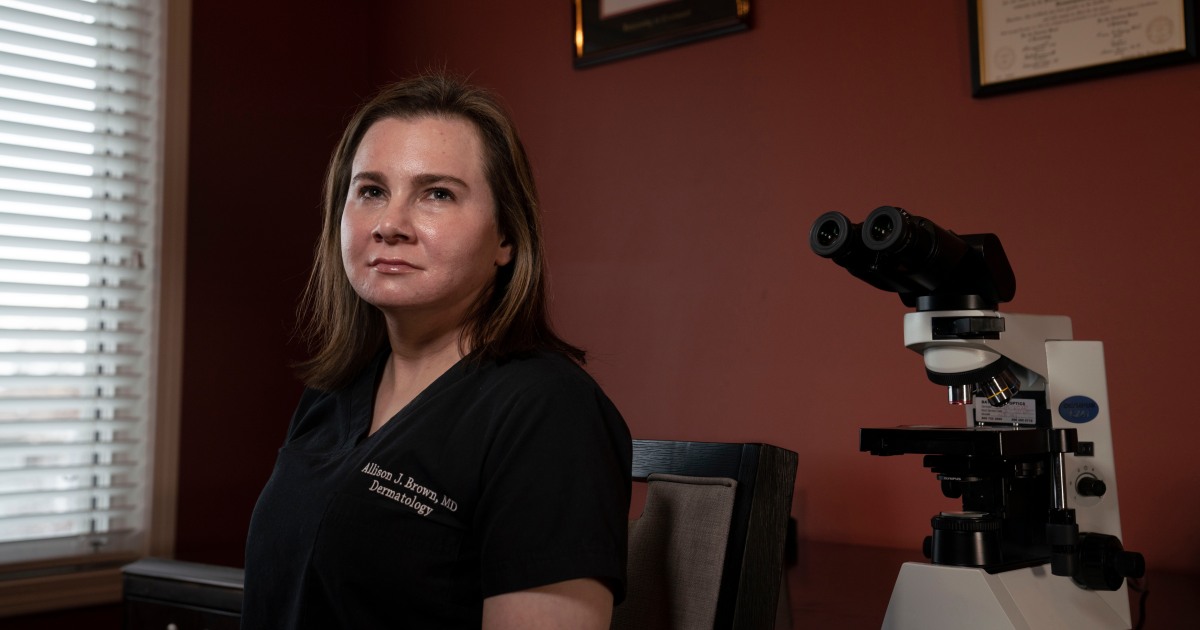- Joined
- Nov 17, 2018
- Messages
- 632
- Reaction score
- 1,183

'Get that money!' Dermatologist says patient care suffered after private equity-backed firm bought practice
A former doctor at a private equity-owned dermatology chain alleges lost biopsies, overbooking and questionable quality control in the company-owned lab.
Glad the media is finally talking about how PE is ruining healthcare and the use of physician extenders.
Last edited:



